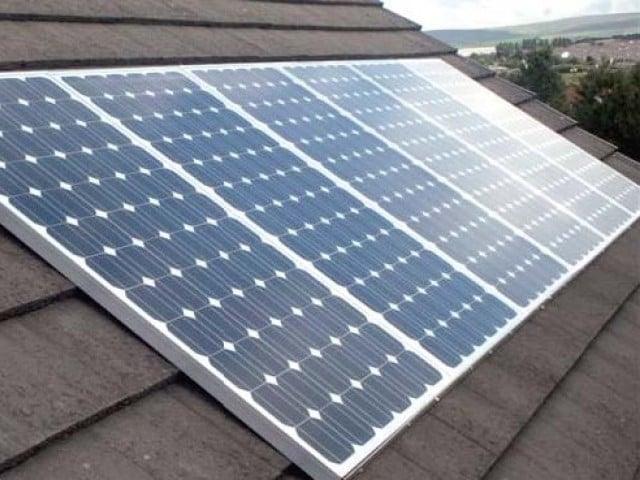Pakistan’s Economic Coordination Committee (ECC) has approved a new policy for electricity purchases from Net Measurement Consumers, which lowers the rate from RS27 per year. Unit for only RS10 per Unit.
This decision comes after a significant increase in the number of homes and offices in Pakistan that install solar panels to generate their own electricity, a trend driven by escalating power breaks and rising electricity costs in recent years.
The government’s new policy aims to tackle the financial burden placed on general consumers due to the growing number of net measurement users. “The attack on regular consumers has created a further financial burden due to net metering, and this policy was approved to relieve it,” a government spokesman said.
According to official data, the number of net measurement consumers in the country is expected to reach 283,000 by the end of 2024, up from 226,440 in October 2024. If the policy was not revised, this financial burden could rise to RS4.24 trillion by 2034.
The number of megawatts produced through the measurement of the solar network has also seen significant growth. From only 321 MW in 2021, the number of megawatts from solar measuring consumers reached 3,299 MW in October 2024 and is expected to rise to 4,124 MW by December 2024.
According to the new policy, the government will now buy electricity from net measurement consumers at a rate of RS10 per year. Unit, significantly lower than the previous rate on RS27. However, the new policy also enables import of electricity in peak times with a rate of RS60 per year. Unit, including taxes, from net measurement users.
Given all these circumstances, the question is how long does it take to recover the cost of the solar system under the new net measurement policy?
Energy expert Rao Amir Ali, from Arif Habib Limited, expressed concern about the new policy and said it discourages people from adopting net meter.
“The new policy will prolong the time it takes to recover the cost of a solar system. At the previous rate, solar energy costs were recovered within three to four years, but with the new policy it will take 10 to 12 years,” he said, adding that the government’s goals seemed to deter consumers from choosing net measurement systems.
The government explained that net measurement consumers do not pay capacity payments and is exempt from paying the fixed fees to electricity distribution companies and putting further financial burden on the government. The revised policy is aimed at restoring balance in the power distribution system.
Furthermore, the government pointed out that about 80% of net metering consumers are located in the country’s top nine cities, primarily in wealthy areas. This shift in politics aims to ensure a reasonable balance of electricity distribution networks and tackle the growing difference between network measurement users and ordinary consumers.
When the country is facing growing energy challenges, the shift in politics is expected to have significant consequences in the solar energy market and the wider electricity landscape in Pakistan.



